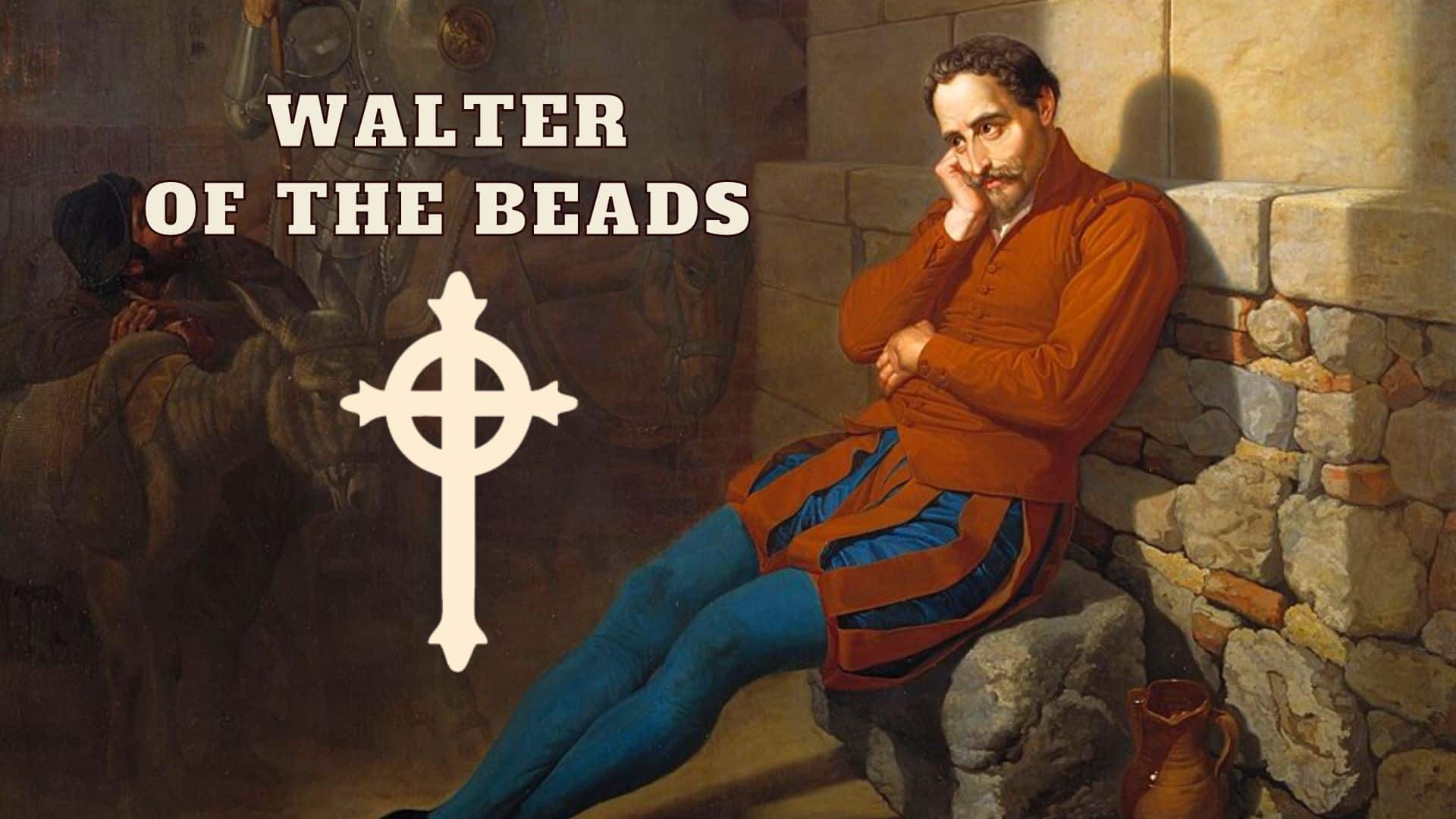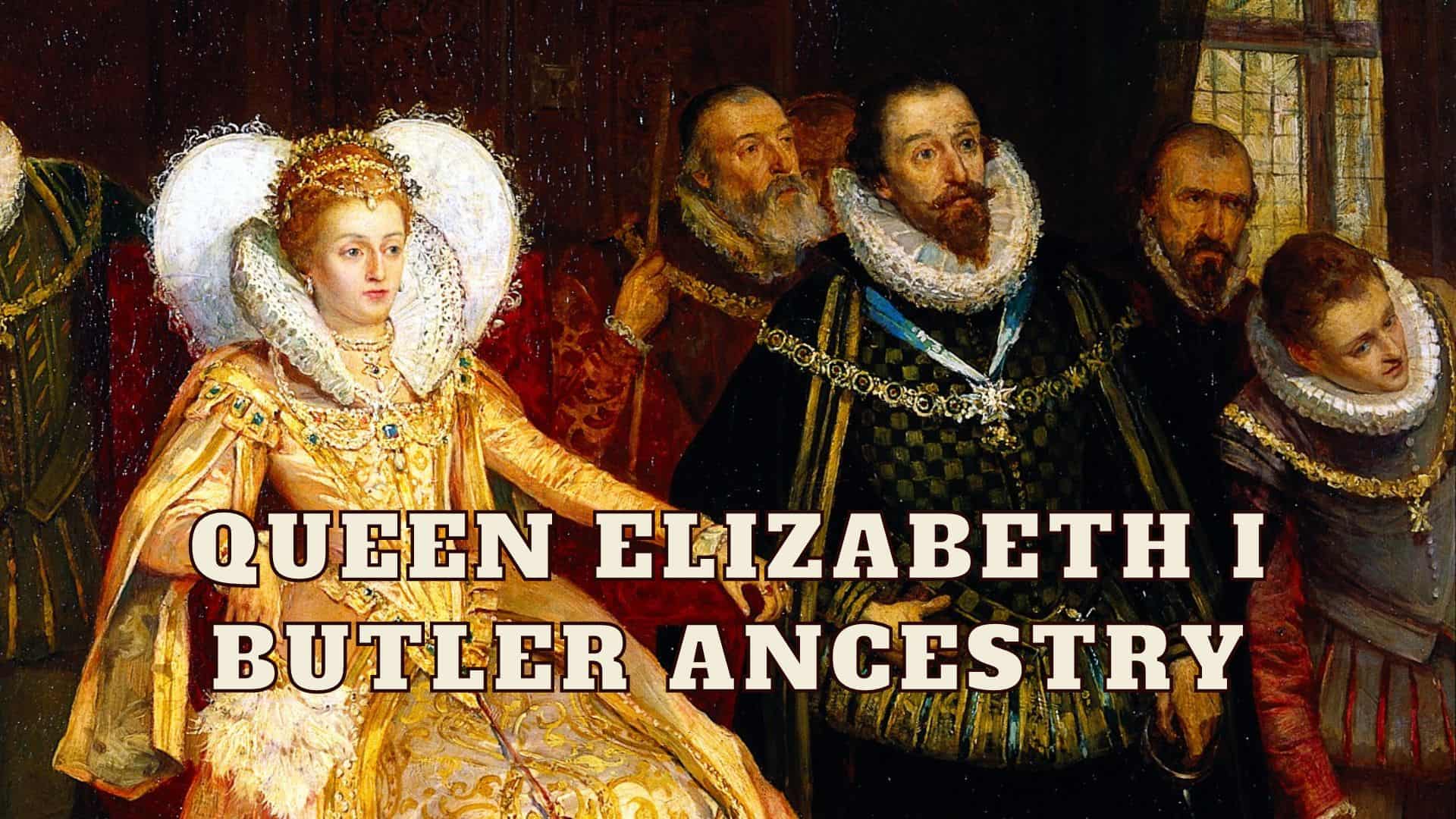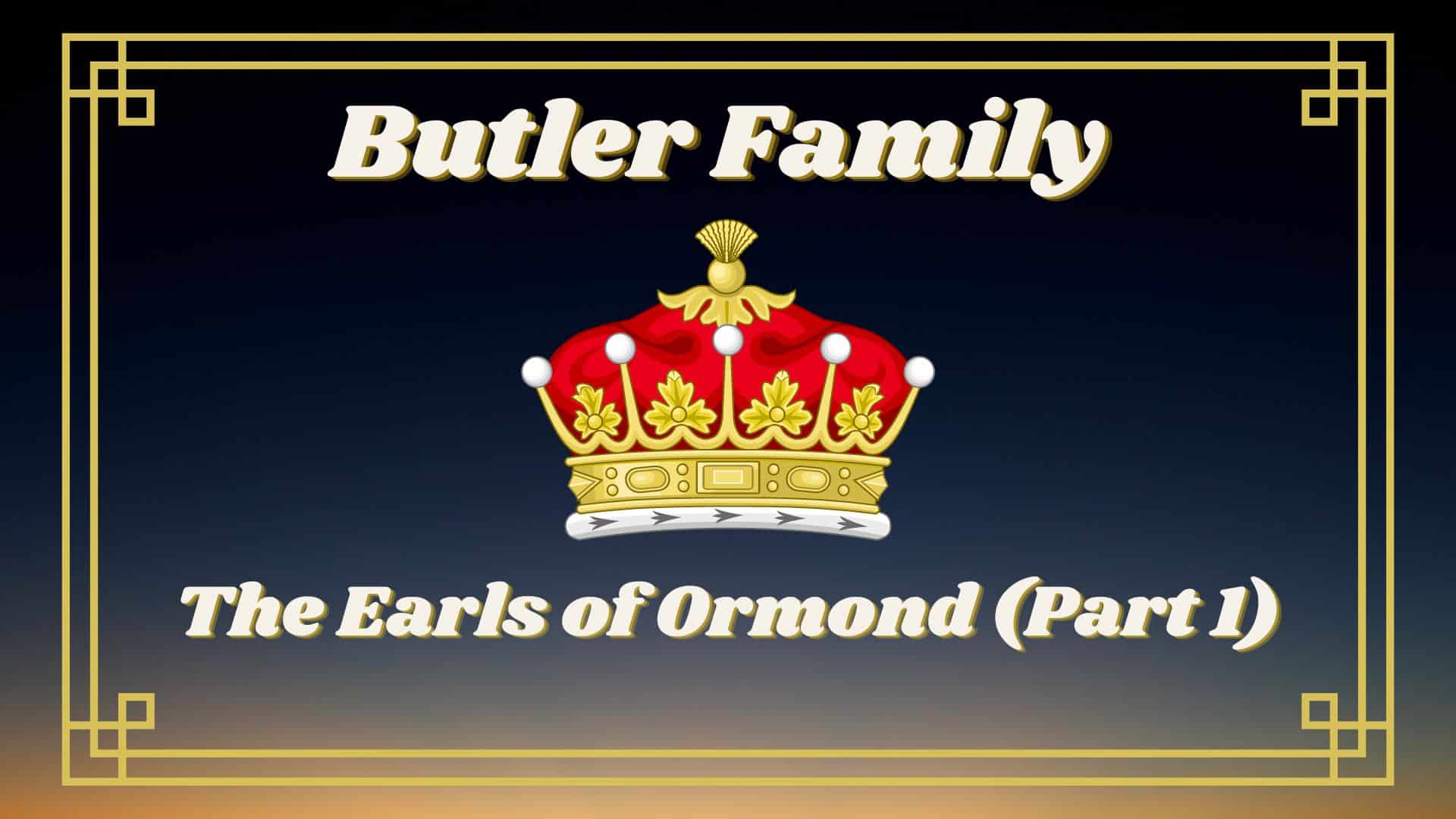Charles Butler (1571-1647), known as the “Father of English Beekeeping,” was not just an influential beekeeper but also a logician, grammarian, author, and priest. His life was a blend of scholarly pursuits, musical compositions, and a profound fascination with the natural world.
Early Life and Clerical Journey
Born in 1571 in High Wycombe, Buckinghamshire, England, Charles Butler had a modest upbringing. It is believed he studied at the Royal Grammar School, which was then housed in what are now the ruins of the Hospital of St. John.
By the age of ten, he was enrolled at Magdalen Hall, Oxford. He secured his BA in 1584 and his MA in 1587. During his time at Oxford, he authored The Logic of Ramus, in which he presented the theories of Pierre de la Ramée, earning him the moniker “English Ramus.”
In 1593, Charles became the Rector of Nately Scures in Hampshire. Two years later, in 1595, he took on the role of Master of the Holy Ghost School in Basingstoke. By 1600, he had resigned from both positions to become the vicar of Wootton St. Lawrence in Hampshire, a role he held until his passing in 1647. Throughout his clerical life, he was known for his piety, impactful preaching, and deep theological insights.
Beekeeping and The Feminine Monarchie
Butler’s enthusiasm for beekeeping led him to make innovative observations about bees. He notably challenged the prevailing belief of the time, asserting that it was a queen bee, not a king, that led the honeybee colony.
In 1609, he published The Feminine Monarchie. In this work, he refuted the widely accepted idea that bees obtain wax from plants. Instead, he emphasized that bees produce wax combs from scales within their own bodies. He was among the pioneers to identify drones as male and queens as female, although he mistakenly believed that worker bees laid eggs.
His seminal work, which he revised in 1623 and 1634, stands as a cornerstone in the field of apiculture. It covers topics ranging from bee gardens and hive construction to capturing swarms and understanding the musical buzz of bees. Notably, the 1634 edition of the book was written using a phonetic alphabet Butler devised, showcasing his advocacy for English spelling reform.

Charles Butler’s Melissomelos, or the Bees Madrigal from his 1623 book The Feminine Monarchie captures the unique piping of bees prepping to swarm! 🐝🎵 Tune into the melody performed by the Choir of Little St Mary’s here!
Music, Spelling Reform, and Other Scholarly Pursuits
Beyond his beekeeping pursuits, Butler had a profound passion for music. His 1636 composition, The Principles of Music, dedicated to King Charles I, is highly esteemed by music scholars. In the same year, he also penned The Principles of Musik in Singing and Setting.
Butler was a staunch advocate for phonetic English spelling. He showcased this in the 1634 edition of The Feminine Monarchie, where he employed his proposed phonetic writing system. He voiced criticism against the inconsistencies of traditional English spelling and championed a more phonetic approach.
Additionally, Butler was notable for supporting marriages between first cousins. This personal belief aligned with his daughter’s decision to marry his nephew.
Charles Butler Bee Fayre Celebrations

Butler’s diverse contributions have left an indelible mark on history. In 1954, the Charles Butler Memorial Fund initiated the installation of a stained-glass window in Wootton St. Lawrence Church, inscribed with “Solertia et labore” (wit and industry), capturing the essence of Butler’s life.
The “Charles Butler Bee Fayre Celebrations” is an annual event in Wootton St Lawrence, honoring his apiculture legacy.
Today, modern translations of The Feminine Monarchie continue to enlighten beekeepers, solidifying his lasting influence.
Recommended Reading:
- Butler, Charles. The Feminin’ Monarchi’ or the Histori of Bee’s. William Turner, 1634.
- “Charles Butler”. charles-butler400.co.uk.
- “Charles Butler – Father of English Beekeeping”. hwbka.co.uk.













